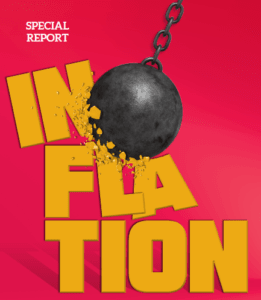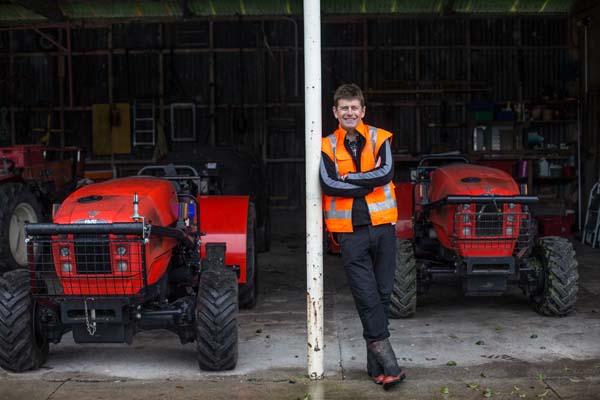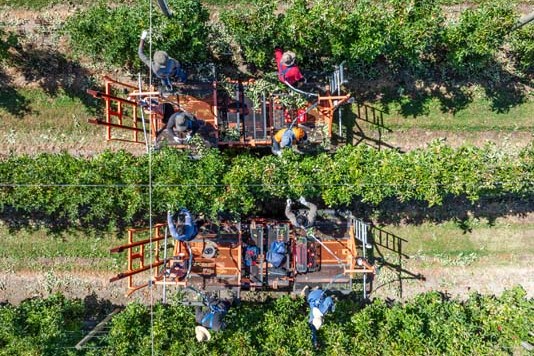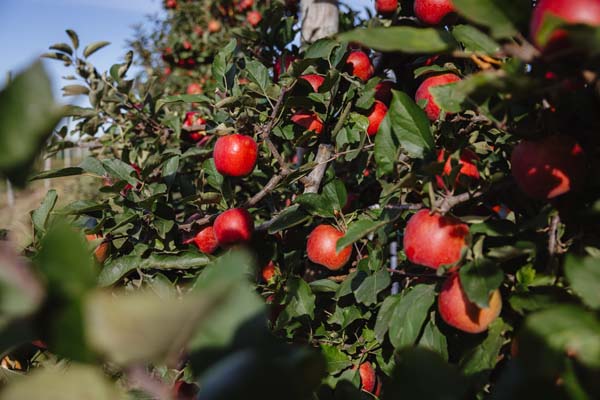By Karen Trebilcock
 Arable and dairy farmers, after years of trying, are still failing to close the gap between the two farming systems even though grain prices are spiking.
Arable and dairy farmers, after years of trying, are still failing to close the gap between the two farming systems even though grain prices are spiking.
“It’s still a nice dream that we have,” FAR (Foundation for Arable Research) general manager business operations Ivan Lawrie said.
“There have been many projects and conversations through the years but there are still very few official long-term contracts between arable and dairy.
“We’ve got a draft template that farmers can use, and we were having face-to-face meetings about it, especially with the dairy section of Federated Farmers, but Covid put that on the sidelines.
“We have good supply within the South Island of feed wheat and there are good relationships, with or without brokerage, and there are even some dairy farmers that grow their own grain for their cows, but it could be so much better.”
There were “huge opportunities” if the two farming systems were closer including environmental benefits that had been well researched.
“We’ve talked about it lots, we’ve sat around the table and talked about it lots but still there is nothing really in place.”
The feed wheat price in the past has been linked to the milksolids price but this year there were further complications, sending the spot price of grain upwards.
“There’s starting to be conversations about food security, and there is the war in Ukraine and the problems with the China and United States relationship as well as Covid, which have all affected the grain price,” Ivan said.
“We all want the war in Ukraine to end soon and to end well, but I don’t think it will see the cost of grain going down globally anytime soon. There are too many other things going on.
“Suddenly it’s a much bigger conversation.”
New Zealand dairy farmers tended to be reactive to the season when buying grain.
“They buy grain on the spot price, on the spot market, but that is when everyone else is trying to buy it because the weather is bad or calving is coming up, or they can’t get imported feed, so they’re competing with one another.
“Instead, they should be having those conversations as early as possible. They should be talking to arable farmers or grain brokers now for next year’s harvest and be putting contracts in place.”
Contracted grain not only allowed dairy farmers to control their budgets, but it also helped arable farmers improve their planning.
“Growing grain at around that $400 mark, it has always been hard to make it profitable for arable farmers, especially when they don’t know who is going to buy it or when.





